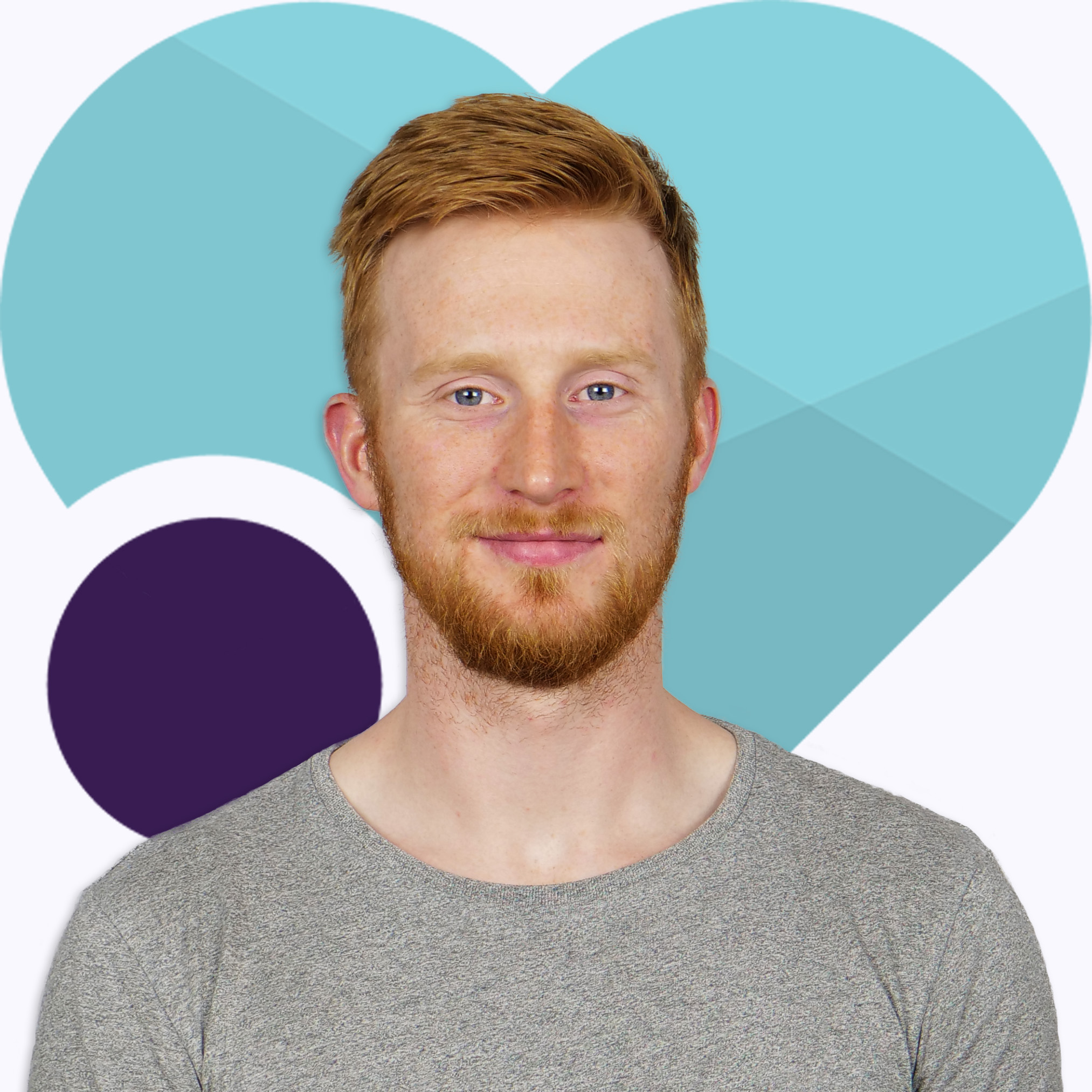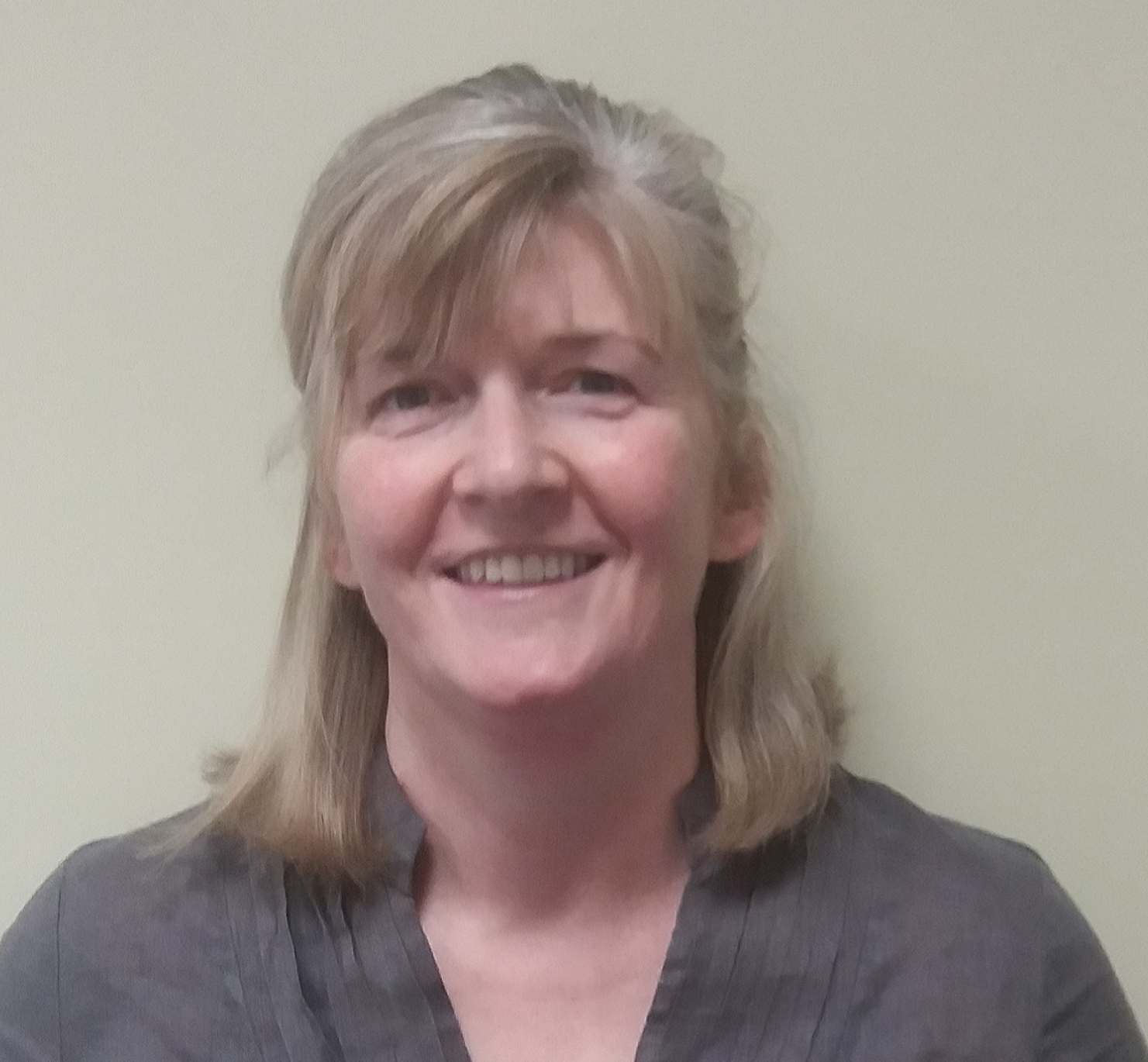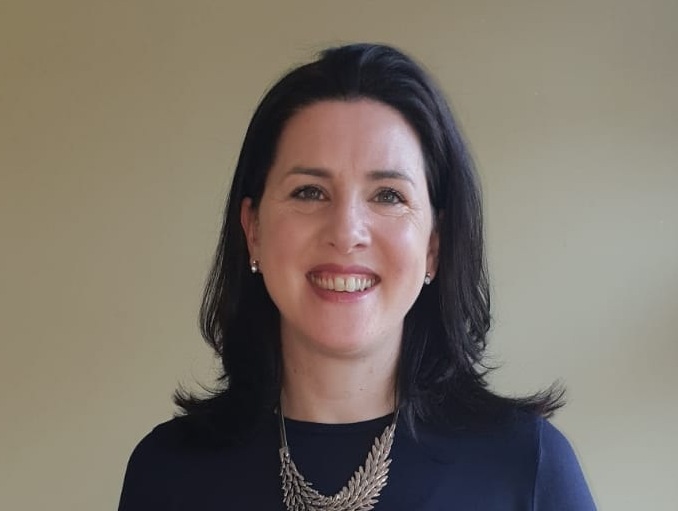Lisa Harold, Health Promotion Officer, The National Youth Health Programme with the National Youth Council of Ireland (NYCI)
What inspired you towards a career in health promotion?
I have always had an interest in health from a young age, and even then realised it wasn’t just about healthy eating, being physically active, feeling mentally well etc but a mixture of lots of different health needs and how they need to be approached in a holistic way. I knew I would like to help and support people in some way as part of my future career, so I decided to do the BA in Health Promotion in Waterford IT in 2009 and it was the best decision I ever made. I left my hometown of Limerick at the age of 20 and went to Waterford on my own, not knowing anyone, but it soon became like a second home for me and holds a lot of fond memories from my time there.
What does a typical day look like for you and what are you currently working on?
Every day is so different working in the National Youth Health Programme! Some days I could be in a different part of the country delivering training to youth workers and people working in the out-of-school sector. Currently our trainings are focused on the areas of mental health and well-being (Mindout) and sexual health and well-being, looking at the areas of pornography, sexual health policy and consent. Other days there could be talks, workshops or conferences to attend that are of interest in terms of youth health. We also deliver our Certificate in Youth Health Promotion with NUI Galway and assess and present the Health Quality Mark (a health promotion award for the youth sector) to youth organisations across Ireland.
We are delighted to have David Bergin (IUHPE Registered Health Promotion Practitioner) discuss his Health Promotion career.
What inspired you towards a career in health promotion?
My journey in health promotion started in IT Sligo in 2013 when I started a BSc in Health Science & Physiology. What started as an interest in nutrition and fitness on a personal level, quickly grew to an interest in population health. My time in IT Sligo was an excellent mix of practical and theoretical learning across a broad range of health-related topics. I left IT Sligo with a degree in Public Health & Health Promotion and a passion for practicing health promotion competencies to improve health outcomes.
On a personal level, during my studies I experienced bereavement of close relatives. With both bereavements stemming from lifestyle-related illnesses, this further added to my desire to pursue a career in promoting health and empowering individuals to not only avoid health-risk behaviours, but to reach their health and wellbeing potential.
Meet IUHPE Registered Health Promotion Practitioner Aileen Scott, who is a Senior Health Promotion Officer- HSE Southeast. Here Aileen gives us some insight into her health promotion career and discusses why health promotion plays such an important role in all our lives.
What inspired you towards a career in health promotion?
My background is in nursing and midwifery and my first real work in health promotion, (though I don’t think I was aware of it at the time) was working in Manila city in a community development health project. This work involved training local healthcare workers who in turn were educating local people on basic health issues. It also involved working with other NGOs and liaising with government programmes. I found this work very fulfilling and could see at first hand the benefit that it had on those who I was working with. At its essence it was health promotion work, though we didn’t use the term and at the time in the early 1990s I wasn’t even aware of the Ottawa Charter! However, when I came home to Ireland two years later, I started to hear the term ‘health promotion’ and I began to investigate where I could find out more about health promotion. This led to me completing the higher diploma in health promotion in NUIG in 1998.
Meet Tracey Tobin who is a Health Promotion Officer & National Co-ordinator of the Foundation Programme in Sexual Health Promotion. Tracey is also an IUHPE Registered Health Promotion Practitioner.

What inspired you towards a career in health promotion?
I trained as a nurse and I worked predominantly the area of cardiology and intensive care. I became a clinical nurse specialist in cardiac rehabilitation and risk factor modification and this lead me to be working with clients around lifestyle; also sexual health and resuming sexual activity after a cardiac event were something I included in consultations as appropriate. It was through this work that health promotion became of interest to me, as I learnt that working with the client where they were at was more effective than trying to put them were I wanted them to be. I had the opportunity to move into health promotion in 2004 and was fortunate to always have a role in training which I really enjoy.
Meabh McGuinness is an IUHPE Registered Health Promotion Practitioner working as an Education Project Manager in the HSE. In this profile piece, Meabh gives us some insight into her career and what drives her passion for health promotion.
What inspired you towards a career in health promotion? 
I studied nutrition originally, and that left me thinking about the gap between knowledge and behaviour. So much was known about nutrition but still people found it hard to eat healthily. My first job was in BreastCheck, and I was learning a lot about the reasons people attend and don’t attend for screening, and that made me even more curious about health promotion, so I started a postgraduate diploma in Health Promotion from NUIG in 2002.
What does a typical day look like for you and what are you currently working on?
I’m working on the HSE National Education Programme as a project manager. There is no typical day! My job involves co-ordinating and supporting our work in schools across the country. The Department of Education has just launched a new Wellbeing Policy Statement and Framework for Practice, this means every school will have a plan for Wellbeing by 2023, this is great news as it means that wellbeing is seen as central to the Department of Education’s mission and goals. It means we will have to change some of our programmes and projects to support this and align with this new policy, so at the moment we are planning for this change.
